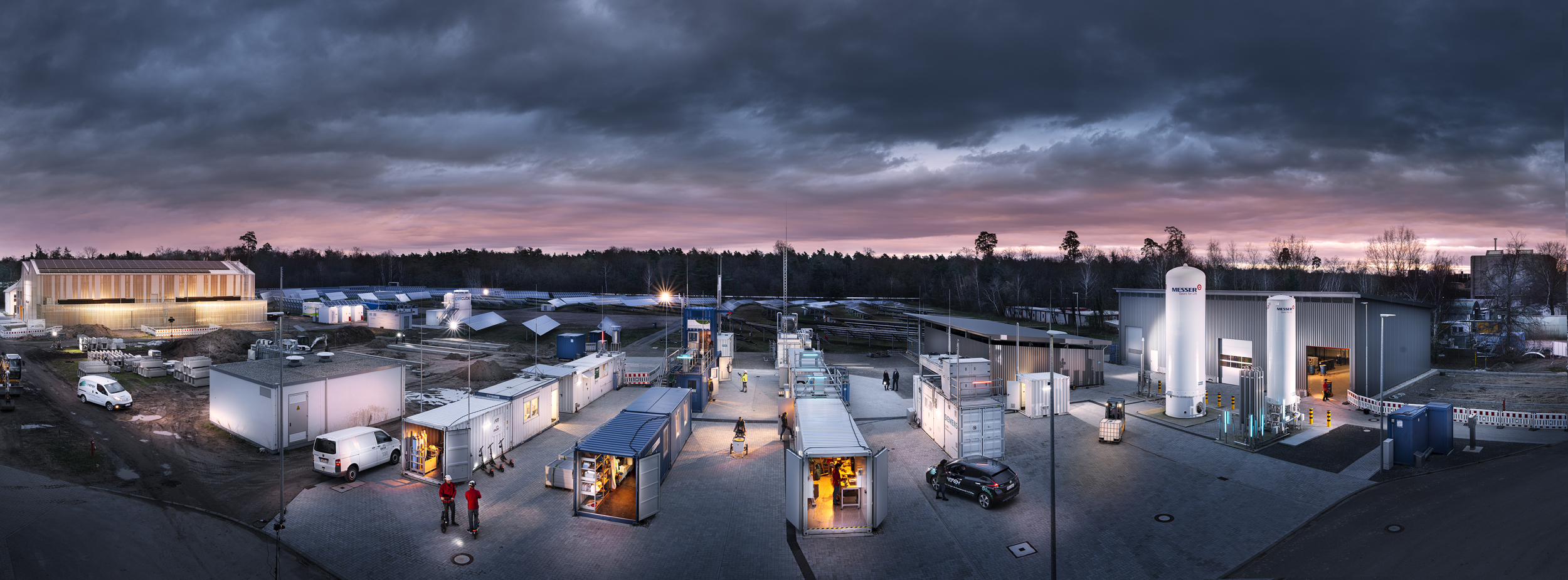Topic 4 - Energy utilization
Energy use refers to use of any kind of energy resp. energy carriers in several transformation steps to provide end-use fuels, electricity, heat or cold for final consumption. Achieving high efficiency at reasonable costs in all transformation step is an inherent objective of related research including the provision of the final energy services. Research priorities in this topic cover both, certain aspects of the overall value chain as well as its optimization as a whole. Strong interactions with other Topics of the KIT Energy Center are therefore a guiding principle of its work.
| Focal Area | Description | Interaction with other topics | |
 |
Synthetic Fuels (Power2Gas, Power2Liquid) |
Future fuels, and chemical energy carriers in general, should emit as little CO2 and pollutants as possible. Carbon neutrality would be the final target. Research at KIT is developing technologies and processes for generating green hydrogen and syngas by electrolysis as well as synthetic gaseous and liquid chemical energy carriers from green hydrogen and CO2 from non-fossil sources such as from organic feedstock or CO2 captured from ambient air. KIT Research in this field covers the whole process chain from electrolysis for hydrogen and syngas generation, direct air capture of CO2 or the use of organic feedstock, respectively, the actual synthesis of synthetic natural gas and liquid e-fuels and fuel refining steps. Catalysts are developed for the chemical conversion steps and integrated into the overall process engineering concept. |
|
|
Sector Coupling in heating/cooling |
Sector coupling shall allow for a massive increase of the fraction of renewable energies in a future energy economy in order to decrease GHG emissions. Research at KIT aims developing e.g. highly efficient systems for heating and/or cooling making use of electrification and flexibilization. |
|
|
 |
Fuel (Re)Conversion |
Energy research looks into pathways to convert fuels with a maximum of resource conservation and a minimum of emissions. Research at KIT aims at improving a broad range of combustion system such internal combustion engines, gas turbines, industrial combustion processes as well as the direct electrochemical conversion in fuel cells. |
|
|
Efficient end use in industry |
A vast number of industrial processes require very high temperatures. Here, the efficiency can be improved by alternative heating sources and electrification (e.g. microwaves). In addition, intelligent process control and the use of new materials further helps to increase efficiency and to reduce GHG emissions. KIT researchers work on innovations along the complete development chain. |
|
|
|
Efficient end use in buildings |
The scope of KIT research in this field ranges from improving the building envelope, optimizing passive cooling strategies, energy-efficient lighting, the maximization of solar yield, advanced HVAC systems and intelligent energy management systems, but also the provision of energy services and holistic approaches for refurbishing the building stock and planning of energy efficient urban quarters. |
|
|
|
Value chain optimization |
Energy efficiency is a crucial component in all aspects of future sustainable energy systems. Scientists at KIT investigate strategies and technologies to increase the efficiency of energy systems as a whole, taking account of technical, economic, environmental and societal implications. |
|
